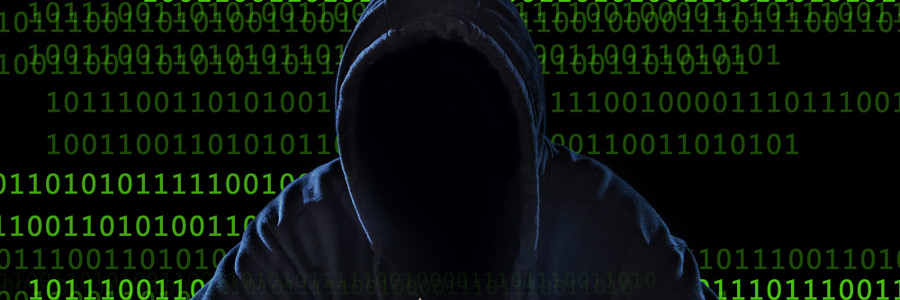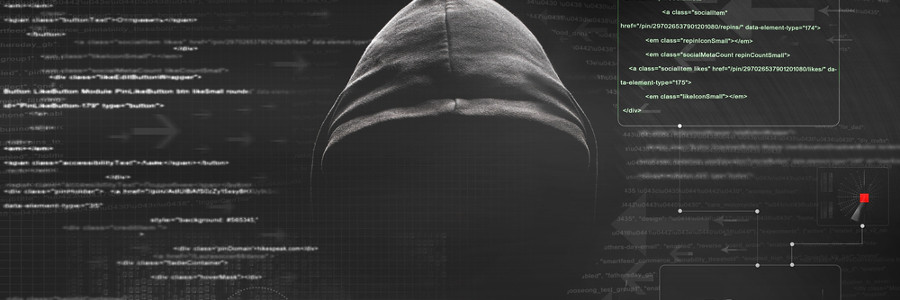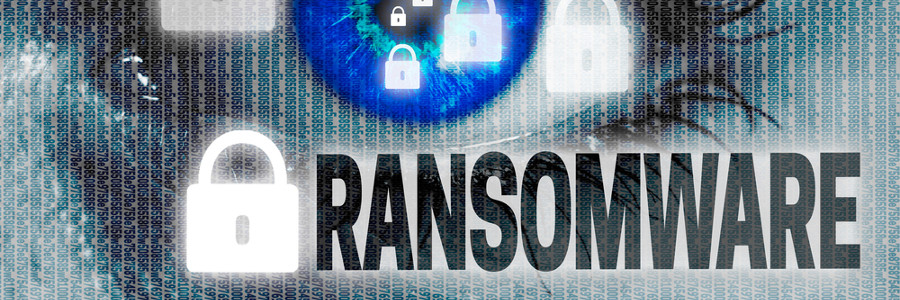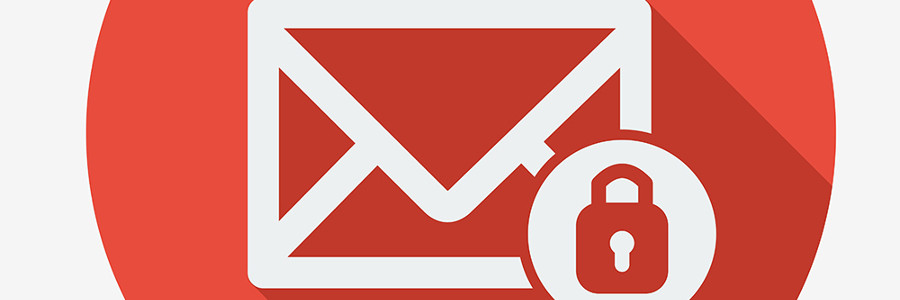Small- or medium-sized business (SMB) owners may think they're unimportant enough to be targeted by hackers. But the truth is that SMBs are prime targets for hackers since they see these organizations — which have less security and fewer resources compared to enterprises — as easy marks.
The five types of hackers targeting SMBs
The 5 types of hackers who want to harm your business

Malicious hackers are motivated by different things. Some do it for fun, some want money, and others just want to end your business. Getting to know how they behave and what drives them informs how you must defend your organization against them.
Script kiddies
In terms of skill, script kiddies (or skids, for short) are at the bottom of the hacker totem pole.
Distributed spam distraction hides illegal activities

You wouldn’t think that cybercriminals would carry out their nefarious schemes in plain sight — except that they do and you’ve probably already fallen victim to them. Learn all about a scheme called distributed spam distraction (DSD) and how malicious actors are using it to steal valuable information from their victims.
Keep healthcare data safe from hackers
4 types of hackers that may target SMBs

Why do hackers attack? Is it for money, notoriety, or political reasons? As a business owner, you should always try and find out the motive behind an attack to help you determine whether or not you’re a target and what data you need to protect. Let’s take a closer look at four different types of hackers and their motives.
Browsers leak sensitive info to hackers

Does filling in web forms sap all your browsing energy? Do you find it especially taxing to shop or register online using a mobile device? Google’s Chrome alleviated this dilemma when it introduced the Autofill feature in 2011, which made filling in forms much faster and making credit card purchases online more convenient.
Ransomware adopting self-replication
Different types of hackers defined

Why do hackers attack? Is it for money, notoriety, or political reasons? Many business owners never ask these questions, and instead only think about the means of how a cyber attack takes place. But knowing the motive behind a hacker’s attack can help you understand whether or not you’re a target and what data you need to protect.
Ransomware alert for healthcare practices

Ransomware is becoming a growing problem for the healthcare industry. And with around a dozen attacks on hospitals being reported since the beginning of the year, you may be wondering just how severe the problem is. Should you be alarmed? How can you protect your practice? Here’s an inside look at how the ransomware epidemic is affecting the US and Canadian healthcare systems.
New email security feature for Office 365
- 1
- 2




